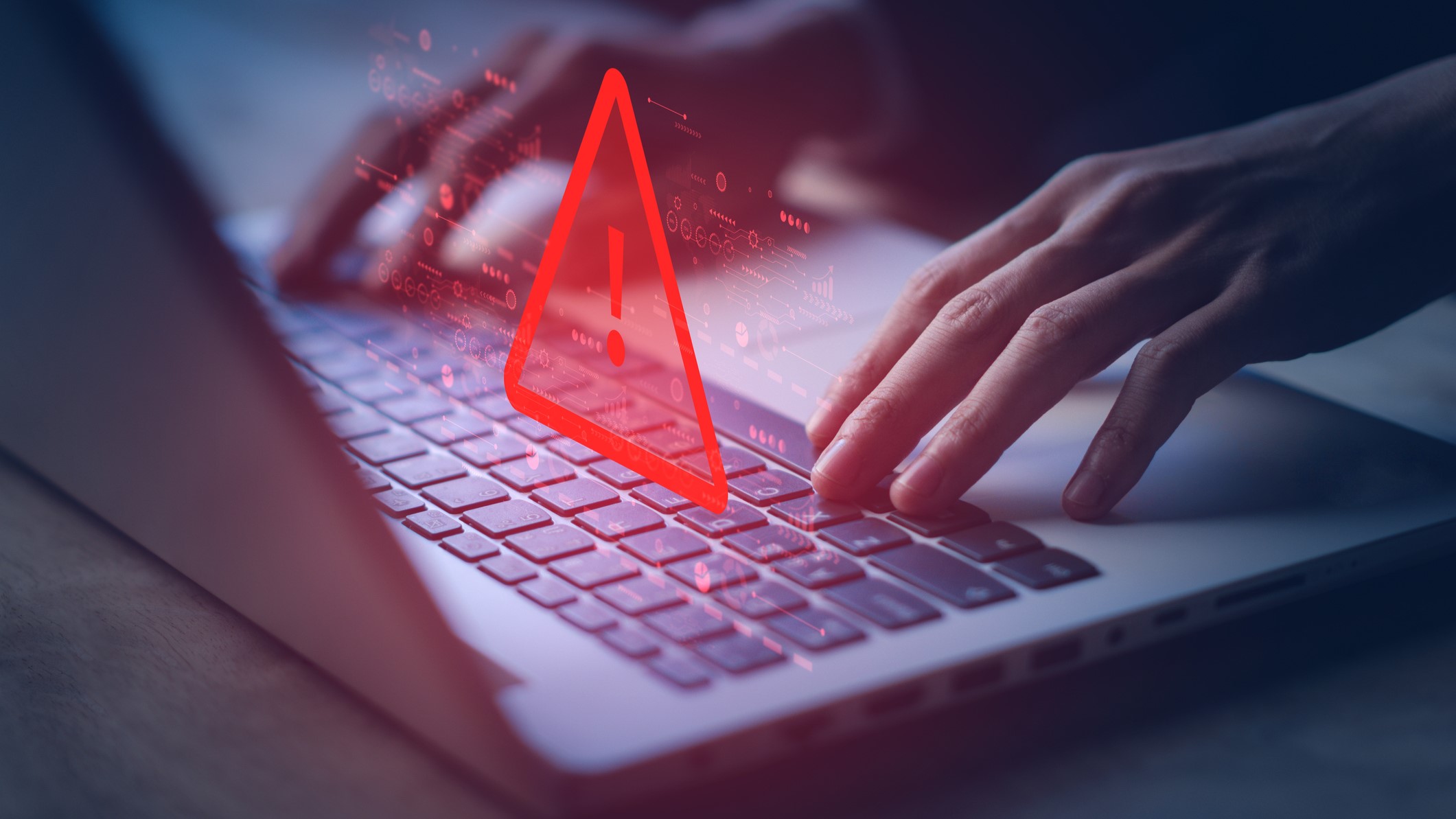Google is making it easier to see if your info is on the dark web — here’s how
Dark web reports will soon be available for free to all Google users

Even if you’re extremely careful online, your personal information can still end up on the dark web through no fault of your own. Fortunately, Google will soon offer an easy way to see what data hackers may have on you.
As reported by 9to5Google, the search giant plans to make its dark web reports feature available to all users after it was previously only available as part of a Google One subscription.
According to Google’s official documentation, once you set up a profile, the service will monitor the dark web to let you know if your personal data has been exposed due to a data breach or a data leak.
When your dark web report comes back, you can see if your name, address, phone number, email, username or passwords have been found online. If you live in the U.S., though, you will also be able to see if your Social Security number was found. However, for this to work, Google requires that you add a U.S. billing method to your monitoring profile.
As of now, Google’s dark web reports are available in 46 different countries, including the U.S., Canada, the U.K., Australia, France and many others. However, it is worth noting that the types of personal information scanned can vary slightly between countries or regions.
Dark web reports will likely become available for all Google users in July once the feature is officially removed from Google One.
How to keep your personal information safe

Your personal information can easily be used against you by hackers to commit fraud or even identity theft if you’re not careful. This is why I always recommend the best identity theft protection services, especially for high-risk individuals.
Sign up to get the BEST of Tom's Guide direct to your inbox.
Get instant access to breaking news, the hottest reviews, great deals and helpful tips.
Recovering from identity theft can take months, if not years. Still, by subscribing to one of these services, not only do you get up to $1 million in identity theft insurance (or even more), but you also have a team of specialists standing by to help you recover your identity. Identity theft protection can be expensive though, so here are some free steps you can take to help keep your personal information safe online.
You want to make sure that you’re using strong, unique passwords for each of your accounts. This way, if one does get hacked, you don’t have to worry about your other accounts being compromised, too. If you have trouble creating passwords on your own, the best password managers can help create them for you plus, they let you securely store and autofill your passwords. There are a lot of great free password managers, too and Bitwarden is currently our top pick among them.
From here, you want to limit how much information you share online. This means not sending sensitive data like your address or financial info over email or even messaging apps, as it could be exposed.
While many of the best antivirus software suites offer similar services to Google’s dark web reports, having everything in one place may make it easier to stay on top of your cyber hygiene.
More from Tom's Guide

Anthony Spadafora is the managing editor for security and home office furniture at Tom’s Guide where he covers everything from data breaches to password managers and the best way to cover your whole home or business with Wi-Fi. He also reviews standing desks, office chairs and other home office accessories with a penchant for building desk setups. Before joining the team, Anthony wrote for ITProPortal while living in Korea and later for TechRadar Pro after moving back to the US. Based in Houston, Texas, when he’s not writing Anthony can be found tinkering with PCs and game consoles, managing cables and upgrading his smart home.
